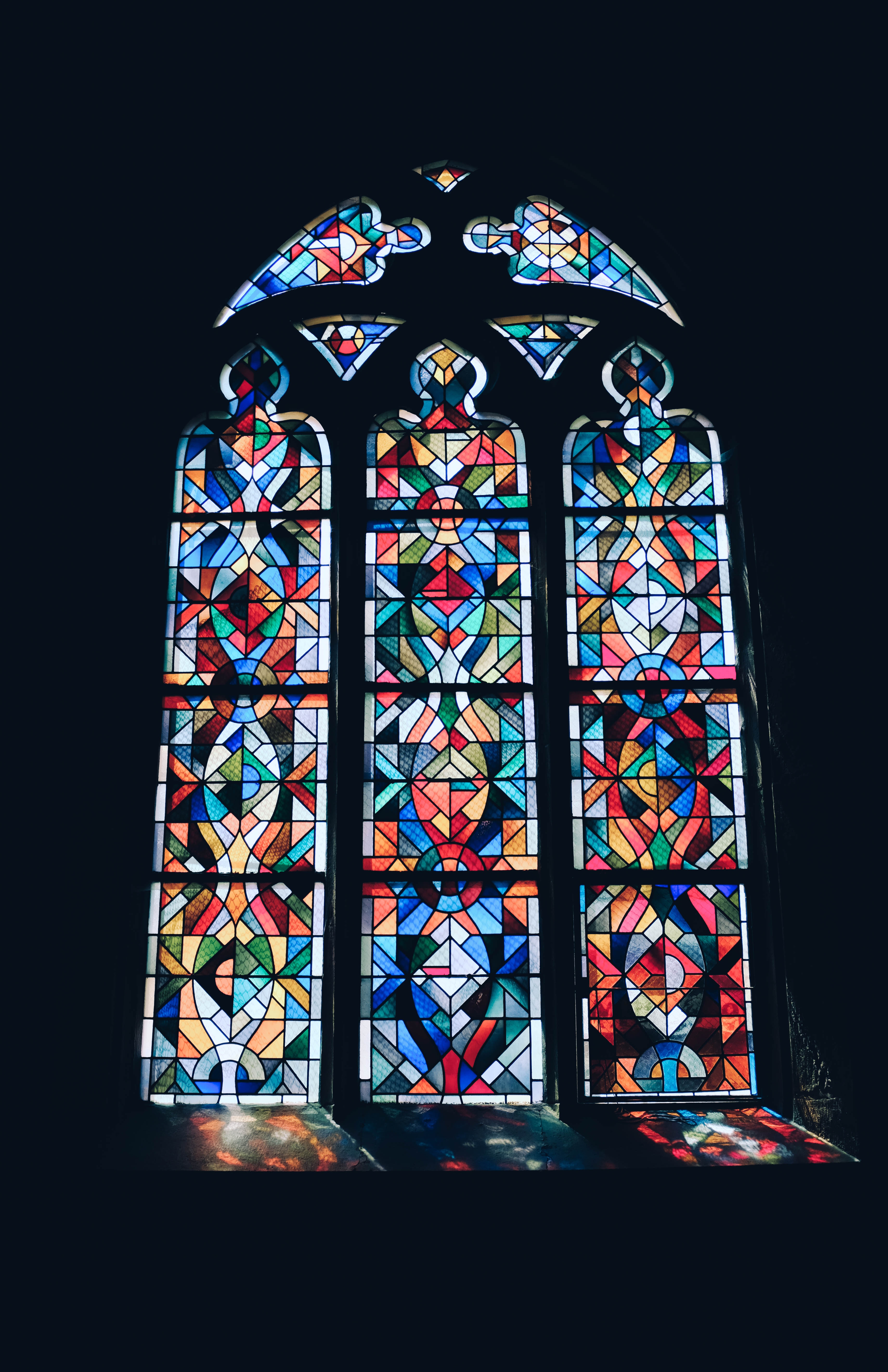Excerpted from the Council’s 2019 Lenten Reflection Guide for Lectionary Year C.
“This is the covenant that I will make with them after those days, says the Lord: I will put my laws in their hearts, and I will write them on their minds,” He also adds, “I will remember their sins and their lawless deeds no more.” Where there is forgiveness of these, there is no longer any offering for sin. Therefore, my friends, since we have
The question is often posed, “What’s so good about Good Friday?” For those who work a five-day schedule, every Friday is good; Good Friday is just another good Friday. Those attentive to the liturgical calendar consider Good Friday a high and holy day and mark it by gathering to worship on “God’s Friday.”
Germany continues to hold Good Friday sacred for all, regardless of personal practice or belief, legally forbidding dancing and partying on Karfreitag, the day of mourning for Christ’s death. Scoffers may think this is a pointless, anachronistic law; others may welcome the freedom to practice something meaningful.
Karfreitag gives time and space to those who make the time to engage with the biblical witness of the life and death of Jesus. For those of us who believe this torture accomplished salvation on our behalf, it is a Good Friday. Jesus, whose words, “My God, my God, why have you forsaken me?” haunt anyone who can identify with the abandonment his words express.
When my children were out of school on Good Friday, we would sometimes visit Duke Chapel which provided an informal program of music and readings from noon until 3:00PM, following the stations of the cross. The biblical account of Jesus’ arrest, suffering, and death were marked with solemn readings and hymns. As we walked out of the chapel following the bells that marked the traditional time of Jesus’ death at three o’clock in the afternoon, the silence was deafening.
Confronting the feeling of profound abandonment expressed in the hymns and readings was not easy for this young mother of three children. Facing that feeling left me with my own primitive maternal fears of leaving them as orphans. Good Friday was not so good for me, but it was a time of observance teeming with life and meaning as I absorbed the hymns and contemplated the readings during the three hours.
In this post-modern era, time’s meaning is not the same as in times past. Many do not remember when workers were given Wednesday afternoons off to conduct business and Sundays to rest, worship, and attend to family. Blue laws kept activities on Sundays to a minimum. In those past-times, children and adults played and talked on wide front porches or in yards after the shared meal called Sunday Dinner. Time was respected, not overly scheduled with multitasking. Time did seem more plentiful.
In the past, time had a different meaning. Practices did not exist that included wage theft in time cards and personal time incrementally charged to take care of children’s sicknesses, doctors’ appointments, or wedding planning. Vacation time was not spent on the essential private business that would come up during a year; it was allotted, not to be invaded by demands of work or personal business.
Time still has value. Time still has meaning. Sacred and secular schedules once cooperating, now conflict. Good Friday, once set apart, now jockeys for the attention of work, family, and church. For some, the observance of Karfreitag becomes an act of sacrifice. Observing Karfreitag offers the opportunity to gather with others to remember, sing, and pray in stillness.
The stillness of Karfreitag could take on the silence of a time of Sabbath rest. While Sabbath rest more often is ignored in favor of doing something considered more constructive, it also has intrinsic value. In God’s vision, the work has been done. Observing Sabbath time for Good Friday readings, reflection, and prayer, while interrupting schedules of work, shopping, or travel, may grant something far more rooted in the time and space given to it.
The Holy Spirit testifies saying, “This is the covenant that I will make with them after those days, says the Lord
:
I will put my laws in their hearts,and I will write them on their minds,”
he also adds,
“I will remember their sins and their lawless deeds no more.”
Where there is forgiveness of these, there is no longer any offering for sin. (Hebrews 10: 16)
Can you remember the things you long to forget in your own life? Can you remember the laws of God’s love that God desires to write in your heart and in your mind? For time to remember, the Church has set apart Good Friday as God’s Friday so that you can slip into that space of God’s grace and love.
As you mark your calendar for Good Friday, imagine these words of love being spoken to you, that as God’s own, you are loved, forgiven, and blessed. Your mistakes and sins are no longer known to God. Imagine a full stop of contemplation on the day of Jesus’ torture and death in a Sabbath rest, a Karfreitag observance that offers time for renewal of love and grace that fills every doubt. May your time apart fill you with grace and peace.
Prayer: Compassionate God, the fullness of your divine being did not hold back the sacrifice of your Son on behalf of all of the world. Grant us the wisdom and strength to love you and your creation as you have loved us, we pray through Jesus Christ our Lord, who lives with you and the Holy Spirit, one God, now and forever. Amen.

